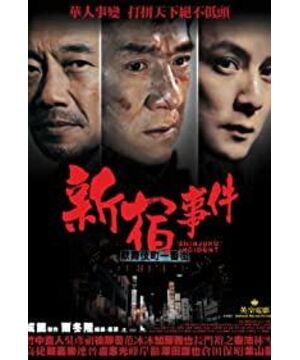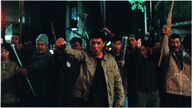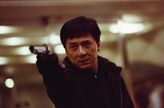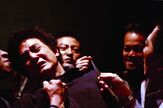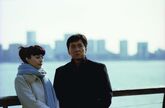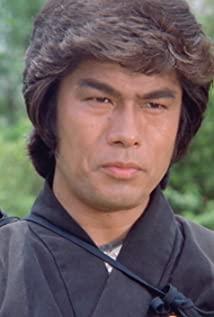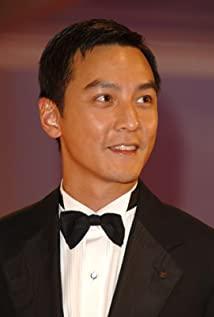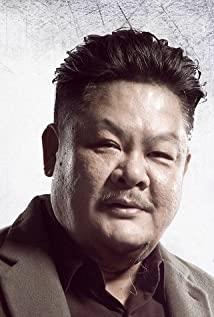I don't know what Jackie Chan will think, maybe it will be a novelty. But the content of this drama is much more than fresh. In China, this drama is going to go a long way. The current screening system is unable to make this drama, which was released as early as April, easily presented to more audiences. This is the harm of local vision. I bought pirated copies and saw too many wonderful works in advance. This is just a small branch of the banned army. I can only sigh here, more sighs... that's all.
I admire Jackie Chan's international prestige. There are not many people who can admit more than deny. Fortunately, with Jackie Chan in China, no one else can do this. I don't praise him, but he did a good job , Although there have been veiled speeches, which have been denied by public opinion, but who can truly confront those who are far away in the box, I believe that Jackie Chan has a principle, otherwise, there will be no "" Shinjuku Incident. It is rare for Er Dongsheng to stand up and film this drama that is difficult for the Chinese people to touch. The Chinese people at most praise the past, such as how the regime was established, how our martyrs shed blood, and those sad revolutionary years, Constantly reminding us to cherish today, don't even a real child know how to cherish every day? Why only today? What will happen tomorrow?
Back to the original topic, what kind of story does the Shinjuku incident tell? This question is like the question of cabbage and radish. For me, I can only say that it is telling a relatively sincere story. There are good and bad in the story, the good is less and the bad is more. Just like Kitano's helplessness, Tietou's struggle, Xiuxiu's choice, Ajie's depravity, and society's sins. Helpless encountering struggle may be more difficult experience, struggling encountering choice may be more exaggerated walking, depravity encountering sin is nothing more than arrogance and arrogance, the essence is still the bloody hands and the dirty and stench of the sewer is directly ambiguous Acknowledgment and denial. What's more interesting in the plot is that the grudge between good and evil seems to begin and end in that sewer, which is one of the most reluctant places in people's lives to enter. Dirty, stench, disgusting, everything that is not shown on the surface, there is no doubt that it will be exhibited in that place.
In the exploration, there are too many such metaphors in the history of film, you can't deny its existence, because that place supports the brilliance of the surface world. When I read the story of the Shinjuku incident, it was like the ugliness that swarmed into the sewers, living in various poses. The character of Iron Head may be the little bit of life that remains when desires gather, and his struggles are good. Whether his compromise or his helplessness, it all appeared at the moment when he began to pursue his desires. In this day and age, people always take making money as their primary task. Don't they really know the evil of this desire? Isn't that the case with original sin? But maybe everyone pretends they don't know and lied to themselves: "With money, I'll be happy." If that's the case, I definitely can't agree... Money isn't the original purpose of life, isn't it, then who cares? Remember the original purpose of life? When the money is overwhelmingly sticking in front of your eyes, have you lost your mind at the beginning?
Having said that, I really want to read this story again, but the truth of this story makes me a little afraid to touch it. Am I lying to myself? Sad human nature, always a little bit firmer.
Maybe it's because the movies I've been exposed to recently are too absurd. "Shinjuku" makes it really hard for me to get rid of his influence, but it may really be a good thing for a movie to evoke more resonance in this era. I recommend watching it with Eyes to see with conscience, to understand. But appreciation is not recommended, just because reality is not worthy of appreciation, and reality is reality.
View more about Shinjuku Incident reviews


